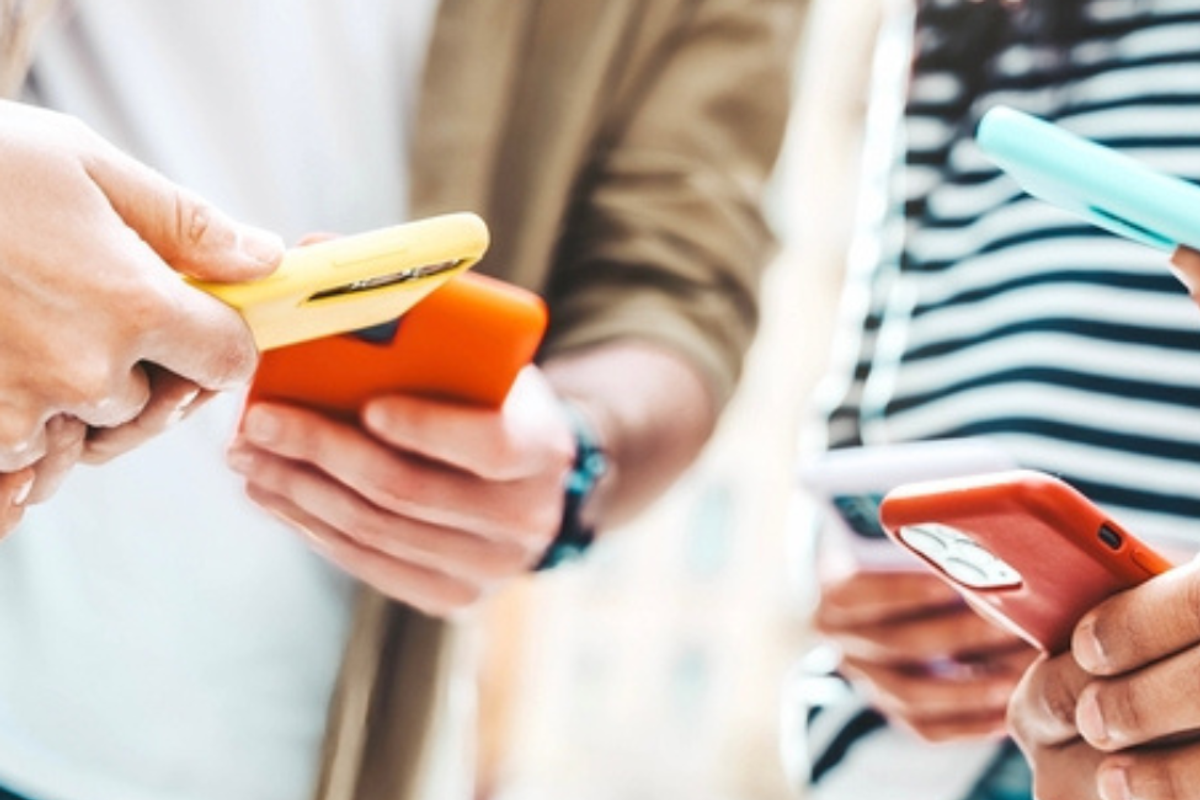Alex Houy
Alex is a digital producer, music lover, food fanatic and has a Master's degree in Journalism and Communication from UNSW. He recently switched to a career in media, after years of working in theatre, opera and live events in Sydney, Melbourne and London.







When corporations subscribe you to the very clothes on your back, it's gone too far.
In May 2019, an American retail chain made a low-key announcement that it would be starting a clothes rental service with a difference. Suit hire is nothing new, and people can already rent clothing fresh off the catwalks, stuff that they could otherwise never afford. But clothing subscription is the next wave.
High-end fashion subscriptions already exist, as do boxes delivered to your door that you buy outright if you like the items enclosed, from services such as Amazon Prime Wardrobe. Now the sharing economy is now making a move to control your casual and weekend wear. URBN, which owns Urban Outfitters among others, is taking this next step with a women's wear service called Nuuly. (It launched in the US on July 30 and the company plans to expand its geographic footprint over time.)
For those not familiar with Urban Outfitters, it is an odd mix of clothes and novelty gifts — items designed to leave around your apartment to show how in touch you are with the gritty urban culture. You can buy a hoodie there, but at the same time get a tweed record player, a Polaroid camera and a menstrual cup. But, let's focus on the clothes. I shopped there a bit when I was living in London, and it's all pretty basic stuff — lots of casual dresses, t-shirts and jeans. You shop there if you want to let everyone know you're an intelligent, liberal, city dweller, but you also own at least two Beastie Boys albums and an original vinyl pressing of 3 Feet High and Rising. It's not Gucci or Issey Miyake; it's regular clothing.
With Nuuly, you pay a monthly subscription of US$88 ($129) and receive six chosen items of Urban Outfitters (or associated brands such as Free People and Anthropologie) clothing each moth. The upside? Well, for millennials, it's a way to stay on trend, making sure your wardrobe never gets stale. Believe it or not, people are in the habit of buying a dress or denim for the weekend, keeping the tags and receipts, then returning the item with a sheepish excuse to the retailers the following week, just to save on the purchase price (a practice known to retailers as "wardrobing"). Instead of this subterfuge, Nuuly sends you the goods and takes them back with no questions asked — dry cleaning included free of charge. A fresh consignment of clothes arrives at the same time each month.
Retailers will benefit too. By combating wardrobing they'll surely cut down on the amount of dishonest refunding, and instead benefit from the subscription business model where a reliable lump of cash is debited to them on a regular basis.
Then there's the environment. Rest easy, knowing that those shorts you're done with will be donned by some other trendy thing in a few days, rather than being mulched into a packing blanket, heading for landfill or destined for the eternal limbo of the St Vinnie's rack.
The environment wins. The retailers win. And millennials win. So, what's my problem?
Well, let's have a chat about hygiene. Living in Sydney, there are days when it's so humid that the only time you are not perspiring is in the shower. It's a busy life — I eat some meals on the street as I rush between gigs, and I occasionally drop food on myself. My work clothes come to the bar afterwork too.
As for Nuuly's "dry cleaning included", you'll be shocked to hear that dry cleaning isn't 100 per cent germicidal. A recent study found that only "most" microbes are killed in the process, Bacillus cereus was found in two of the 28 clothing samples tested. I'll spare you the gut-gurgling details of what this bug can do to you.
Sharing other people's cars? Sure! Sharing their homes on AirBnB? Maybe. But sharing their skirts, shirts, dresses, shorts, jeans and secretions? This germaphobe says no.
People don't respect things that they don't own. Look what happened when they applied the sharing concept to bicycles. You saw far more oBikes bent around poles than being ridden to the shops. If we can't trust someone to park a bike, why would you want to climb into something that's been clinging to their skin for a month?
Then there are the ethics. To take a cynical view of the sharing economy, it's a way of capitalising on socialist principals. No one is going to own anything in the future if we keep going this way. There will just be one gigantic communal pool of underpants that we all dip into while we give each other piggy-backs to the kombucha fountain. Sharing is nice, but remember that there is some Silicon Valley app developer draining your bank account each time your Fitbit clicks over another step. Maybe it's time companies like this stopped putting prices on abstract ideas like sharing.
CEO of Nuuly, David Hayne, has said, "Nuuly seeks to further these shifting behaviours by giving subscribers access to a wide assortment of current fashion at a substantially lower cost per wear than retail." He said the company was "solving the paradox of a millennial's quest for constant fashion newness".
They're not solving our paradox, they're zeroing in on millennial behaviour and beliefs to squeeze more cash out of us (and undercut other retailers). They've taken the sharing economy one step too far. They're subscribing us to the very clothes on our back.
s3.amazonaws.com